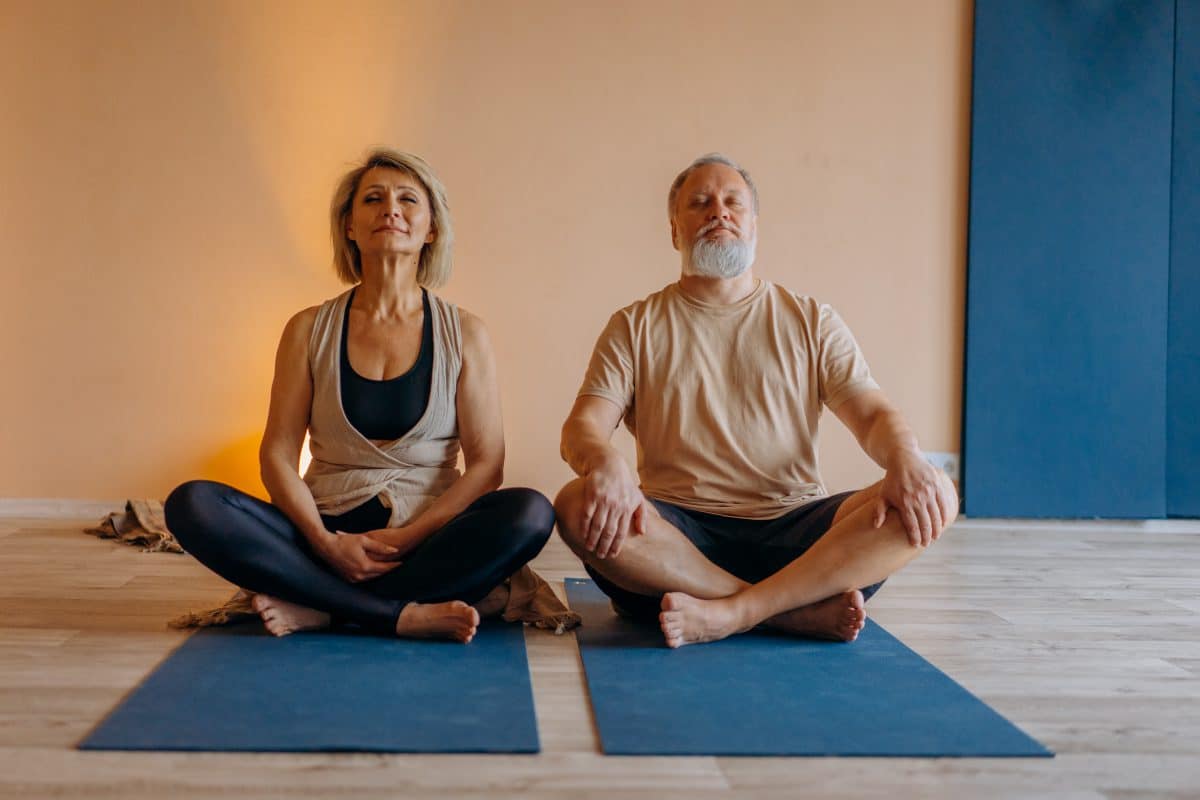If you are a busy person who must run house and office errands then having a nurse at home who is available 24/7 to take care of your elderly, from looking after their personal hygiene to ensuring that they feel comfortable is a positive advantage to your pacing lifestyle.
Being a working guardian and juggling to balance your work and personal life becomes difficult and tedious at times. Taking care of your bedridden elderly is a huge responsibility and should be done with utmost care and patience. Having a nurse at home to take care of your elderly is the best way to help yourself and your bedridden elderly. It’s extremely painful and disheartening to see your elderly parents bedridden. But ensuring that they are stable and comfortable is solely our responsibility.
Looking after their grooming and hygiene is extremely important to avoid any fungal infections, allergies, or diseases. A trained nursing caretaker will look into their daily bathing, dental care, making them wear their fresh clothes, keeping a check on their trimming of fingernails and toenails, haircut, and grooming. Bedsores (also known as pressure ulcer) are extremely common in bedridden patients, but the good news is that it is preventable. If the elderly spends majority of his/her time on the bed, ensure that you reposition them every few hours. If they can move on their own, then encourage them to move and readjust themselves quite often. Also make sure you stay alert on the common parts where bedsores are likely to occur e.g., ankles, heels the hip area and the tailbone.
Ensure that their bed linens are regularly changed and laundered. The trained nursing caretaker will take care of the proper nutritional care. They will monitor and record the meals to ensure they are getting in proper nutritional value and having balanced meals. Make their environment lively, comfortable, and fresh. So, they feel good in that environment around them. It is also extremely important to deal with the bedridden with utmost patience and care. Having a male ward boy nurse at home will help your elderly feel comfortable while taking them to use the washroom if they can make movements. A man’s physical strength is undoubtedly strong which will make them comfortable while relying on their strength for movements.
Let your children often visit your parents, talk to them, which will lighten the mood and make in a happy atmosphere for the bedridden elderly. A happy and positive and cheerful atmosphere is extremely important for them. Take some time out of your daily schedule and talk to them bout your day. If possible, try having a meal next to them or with them. Even you can read out the newspaper to them or play on their favourite songs. Never zone them out completely, don’t let them feel lonely. Make sure the place is reasonably well lit as per the need, the necessities are right at their bedside, and the place is well ventilated at all times. Reduce noise levels as far as possible. Take extra precautions during this pandemic. Always ensure their and your safety.
Apart from the above-mentioned points, one should also take expert advice, medical opinion, or help from professional home nursing services in case any other challenges are faced in caring for the elderly parents or other family members at home.






